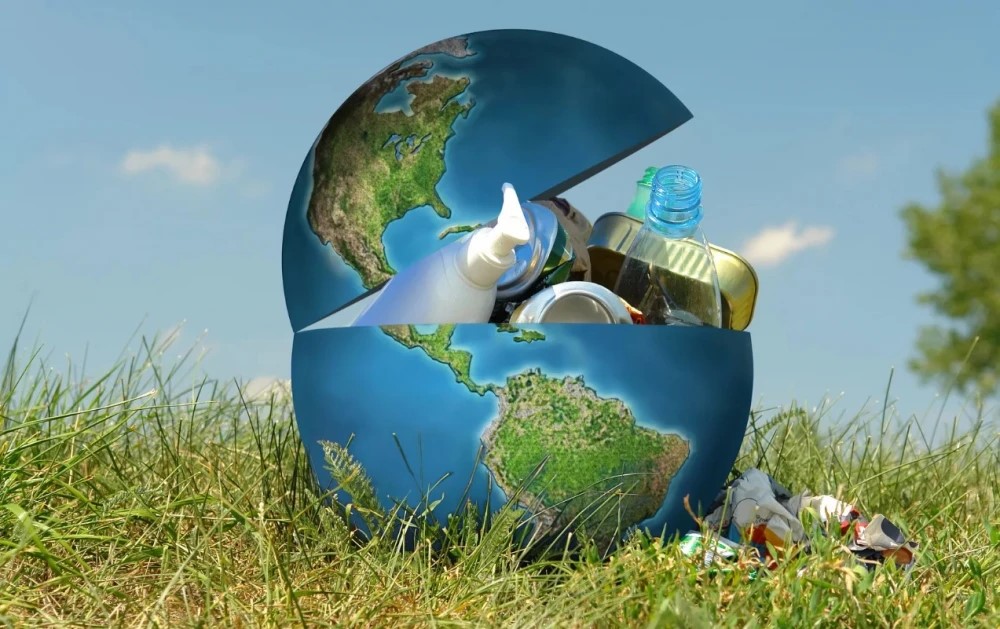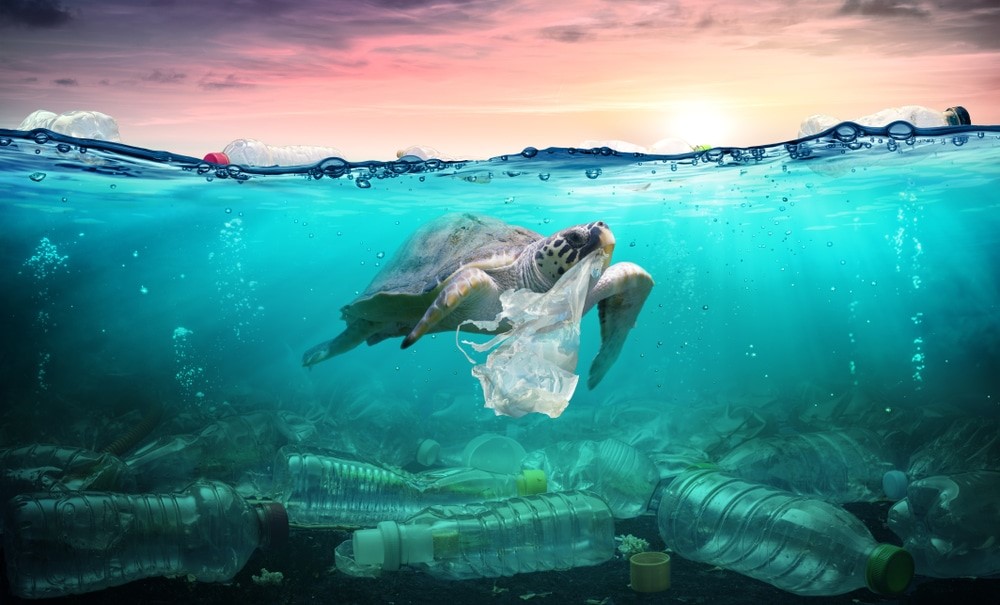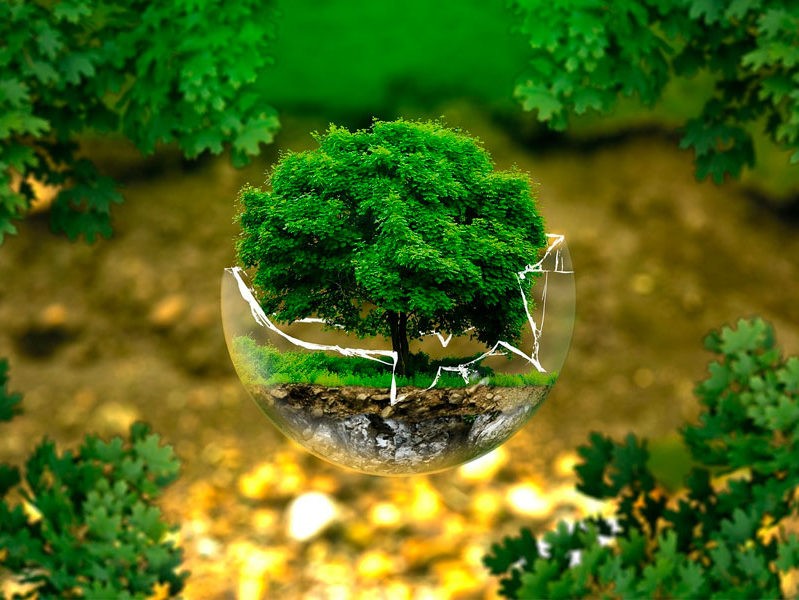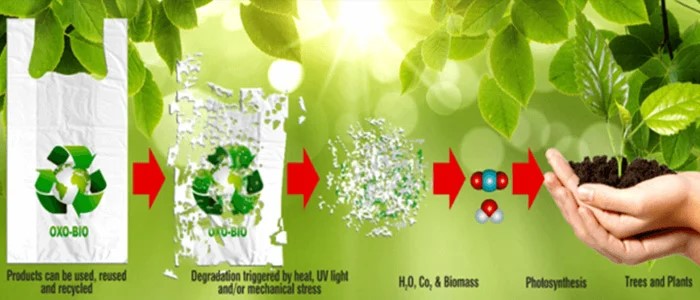Challenges and Limitations
Plastics, especially nonbiodegradable ones used heavily in packaging, pose significant environmental hazards. Plastic waste management is challenging due to non-biodegradability, leading to waste accumulation and water and land contamination. With increased plastic usage and environmental awareness, there is a growing need for low-impact materials. Degradable polymers, such as biodegradable plant-based plastics, have gained attention as potential solutions to mitigate the environmental issues caused by nonbiodegradable plastics.[1]
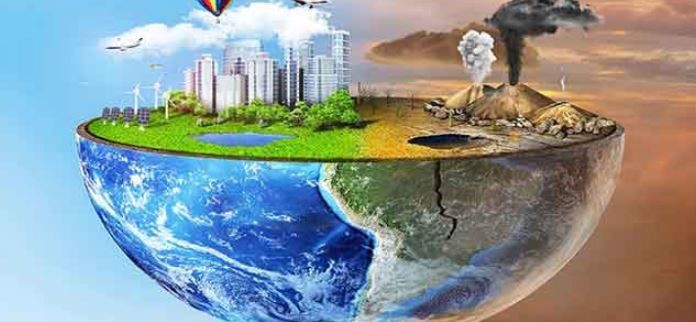
Figure 1.Biodegradable Plant-Based Plastics Challenges and Limitations
Figure 1 shows While plastics have revolutionized various industries and brought convenience to our lives, they also come with significant challenges and limitations.
Some of the key challenges and limitations associated with plastics include:
Environmental Pollution: Plastic pollution is a major concern as improper disposal and inadequate recycling lead to large amounts of plastic waste entering the environment. This pollution adversely impacts ecosystems, wildlife, and human health.
Non-Biodegradability: Most traditional plastics are non-biodegradable, meaning they can persist in the environment for hundreds of years, contributing to long-lasting pollution.
Microplastics: Plastics can break down into tiny particles known as microplastics, which can enter the food chain and have detrimental effects on marine life and human health.
Fossil Fuel Dependency: The production of traditional plastics relies on fossil fuels, contributing to carbon emissions and climate change.
Recycling Challenges: Plastic recycling rates are relatively low due to difficulties in sorting and recycling various types of plastics, limiting the circular economy's potential.
Landfill Space: The accumulation of plastic waste in landfills consumes valuable land space and hampers efficient waste management.
Limited Biodegradable Options: While biodegradable plant-based plastics show promise, their scalability, cost-effectiveness, and specific disposal requirements are still areas of development.
Performance and Durability: Some biodegradable plastics may not match the performance and durability of traditional plastics, limiting their applications in certain industries.
Food Security Concerns: The use of food crops for bioplastic production raises concerns about potential competition with food resources, potentially impacting food security.
Lack of Awareness and Regulation: Insufficient awareness about plastic pollution and inadequate regulations may impede efforts to address the plastic waste problem effectively.
Consumer Behaviour: Consumer habits and preferences for single-use plastics contribute to the persistent use and disposal challenges of plastics.
To address these challenges and limitations, concerted efforts are required at the individual, industry, and policy levels. Emphasizing waste reduction, improving recycling infrastructure, promoting sustainable alternatives like biodegradable plant-based plastics, and fostering a circular economy approach are vital steps towards mitigating the negative impacts of plastics on our environment.
References:
- https://link.springer.com/referenceworkentry/10.1007/978-3-031-09710-2_18
Cite this article:
Janani R (2023),Biodegradable Plant-Based Plastics: Reducing Plastic Pollution, Anatechmaz,pp 4


